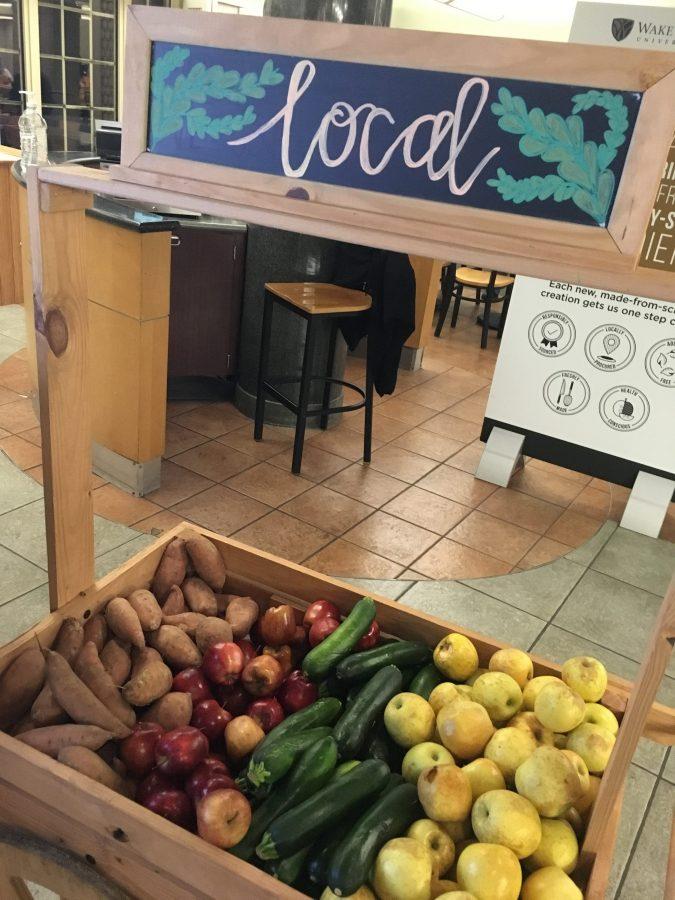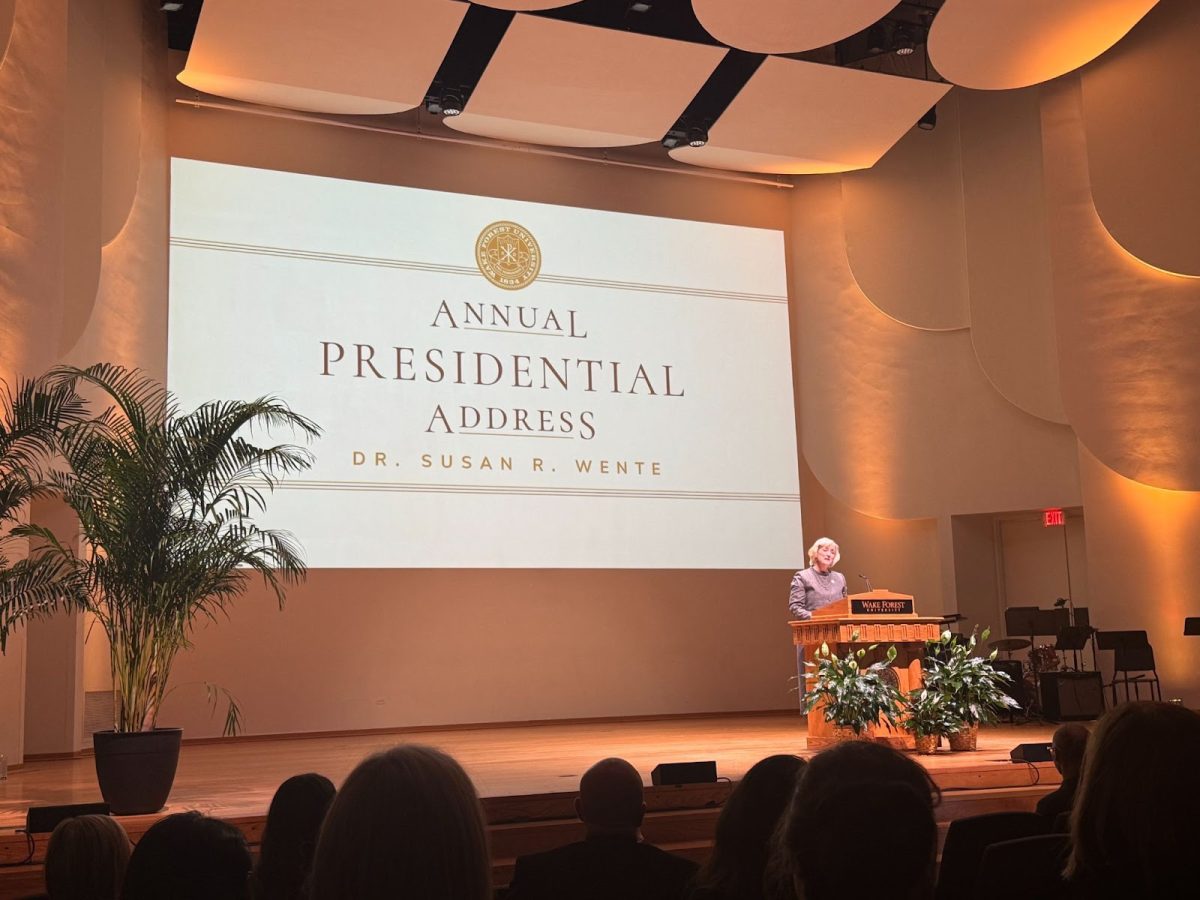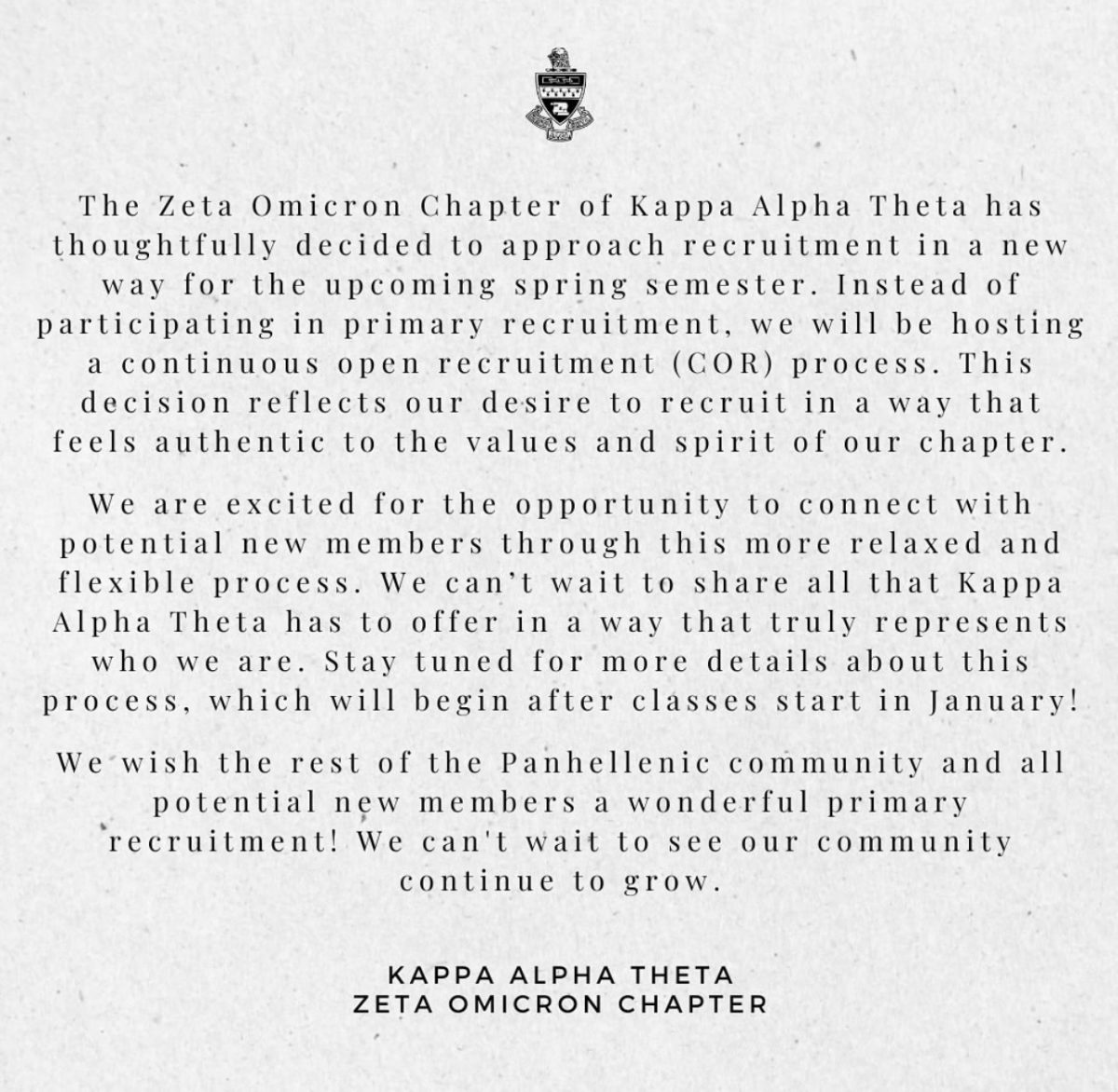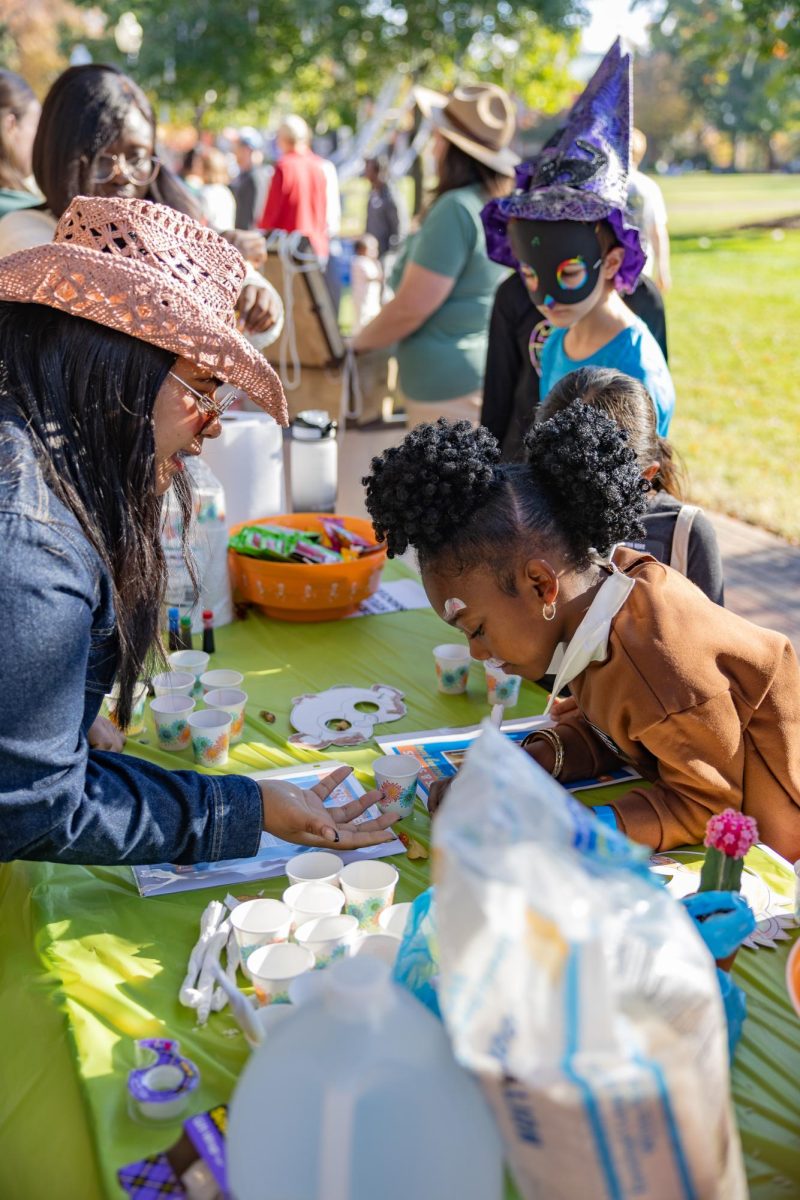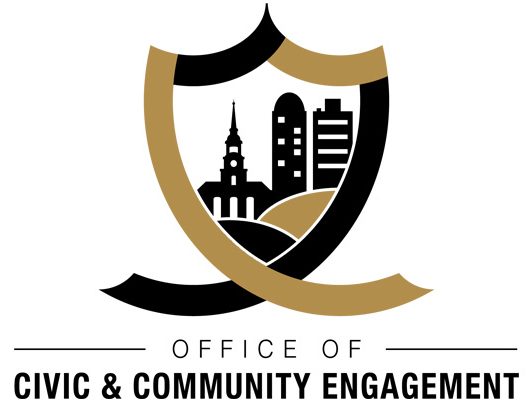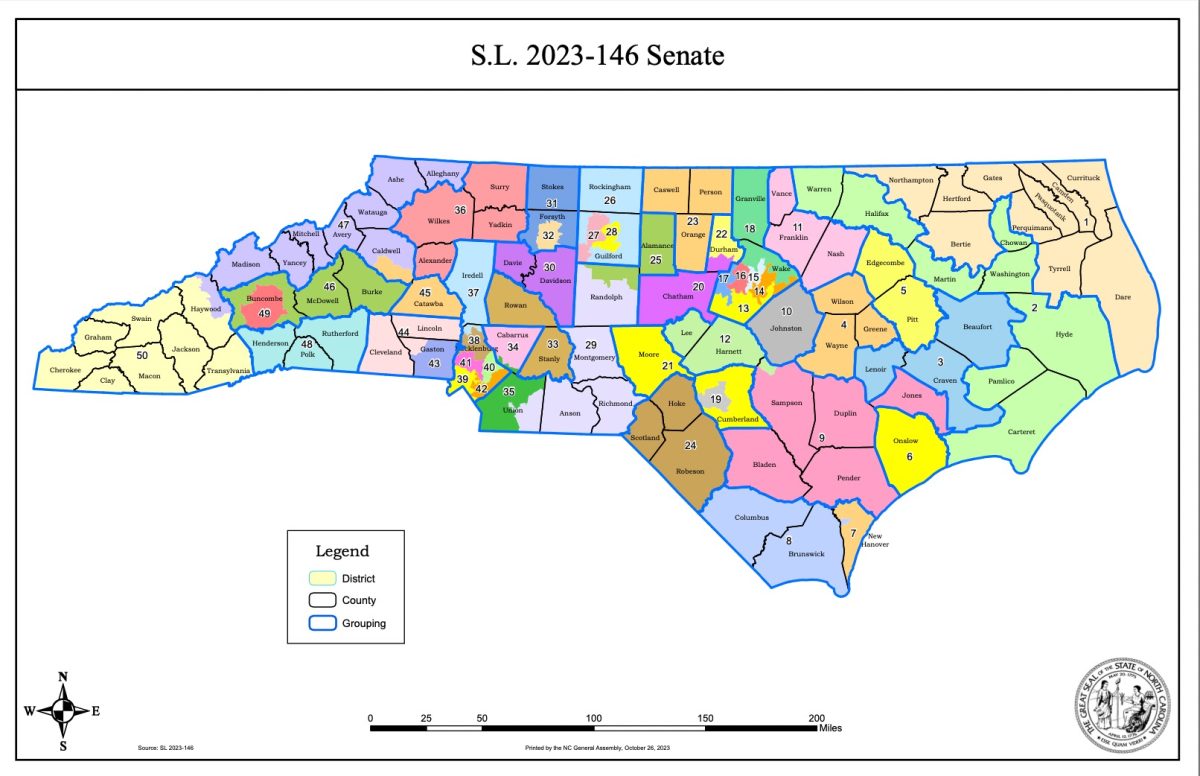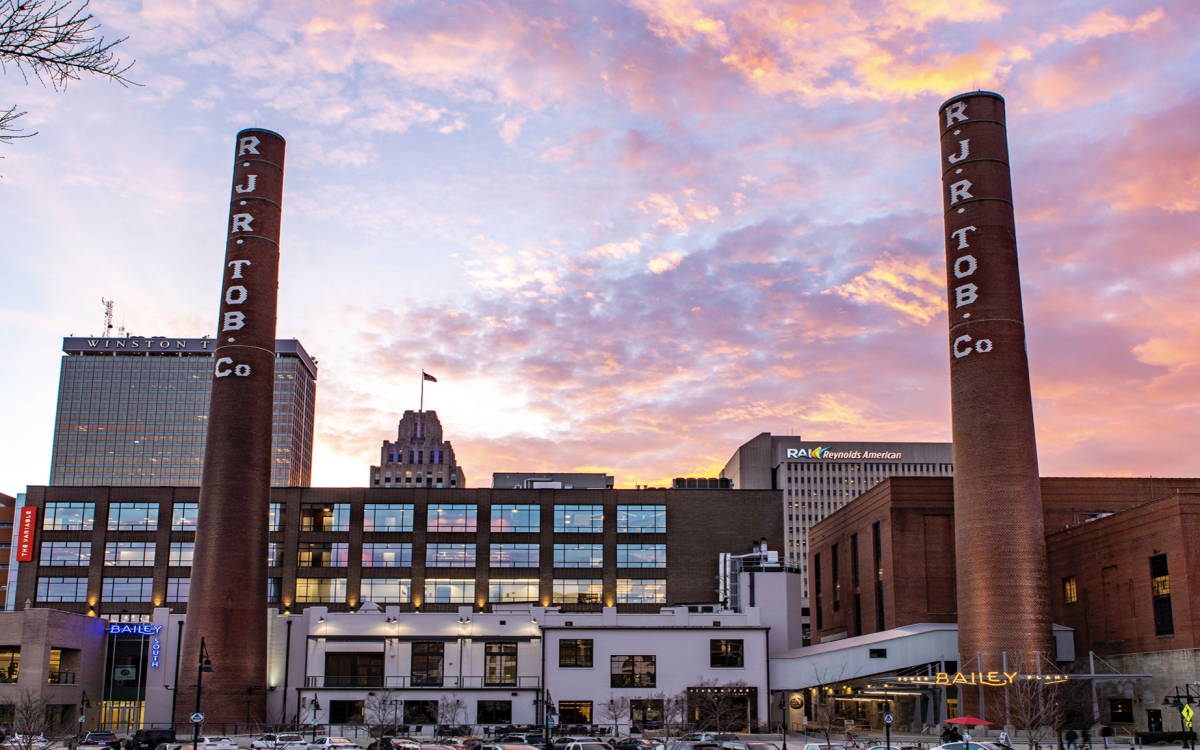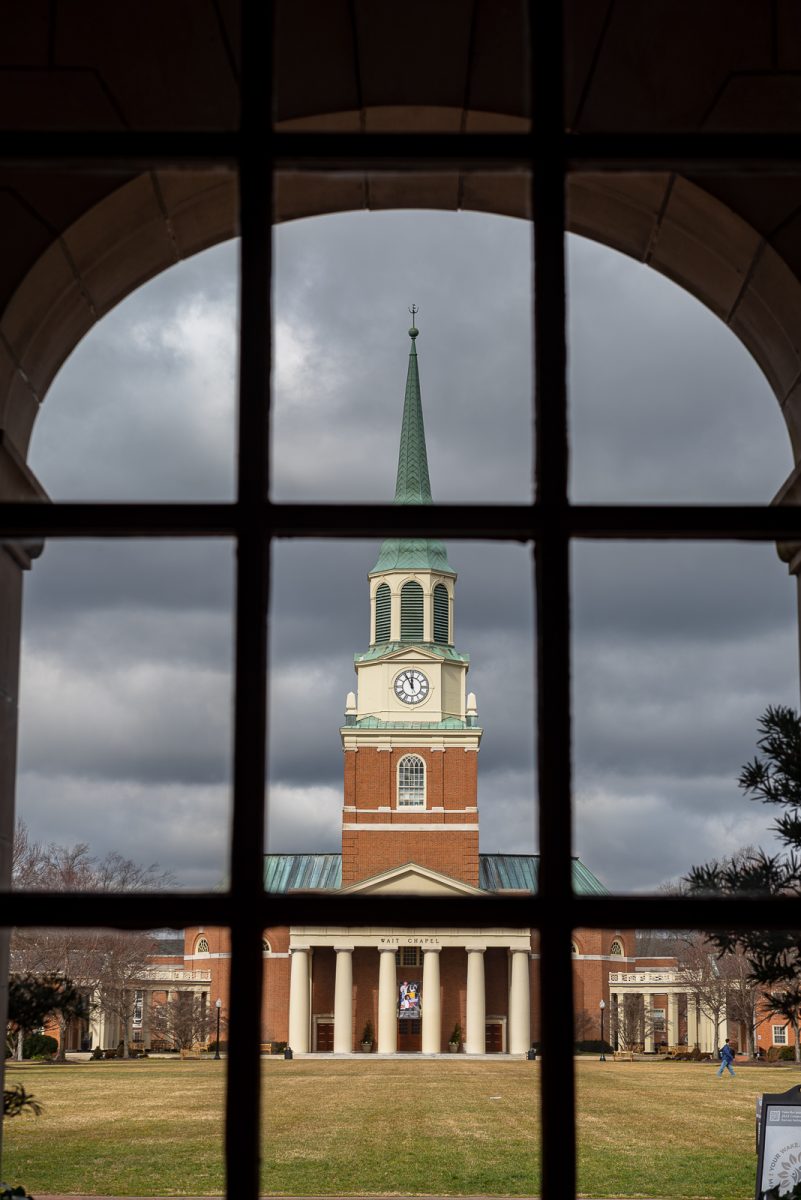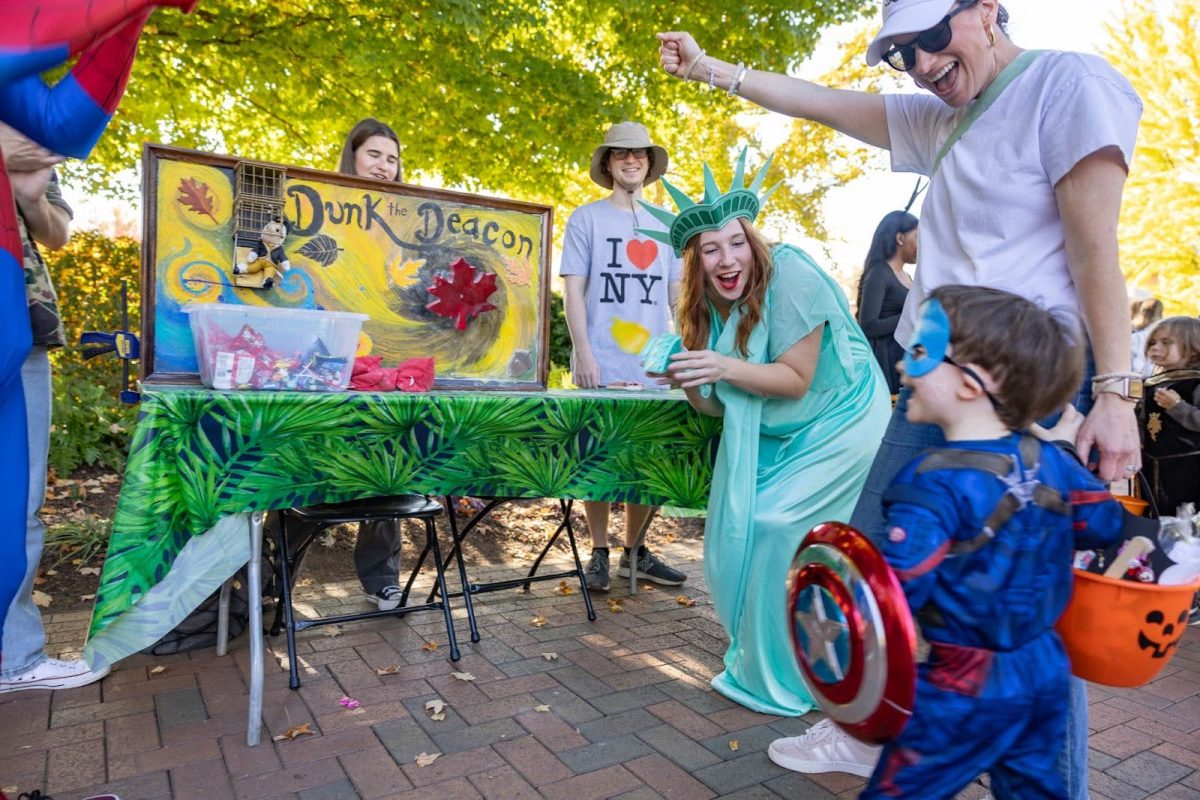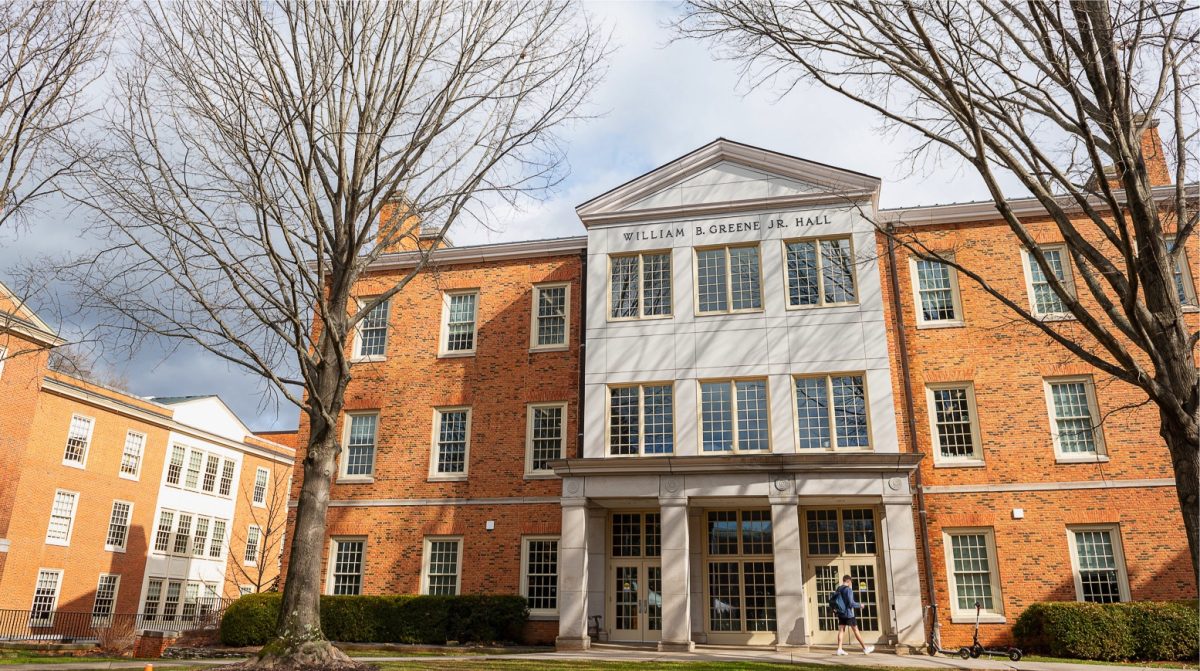After a mindful period of waiting, an apple is plucked from the tree when it is finally red and shiny.
From the hands of the worker, the apple finds its way to the truck and then leaves the farm, passing by the gorgeous North Carolina foliage as it makes the short trip to Wake Forest. Before you know it, the apple is off the trees of Henderson Farms and into the hand of a student in the Pit.
This is the story of many of the food products one might find in the dining halls at Wake Forest, as Deacon Dining strives to implement an increasing amount of both local and sustainable food sources to feed students.
Most visibly to students, this looks like carts of fresh sweet potatoes, squash and zucchini that are displayed in the fall, the sign that says “local” next to a bowl of golden honey, or the vibrant colors of the apples, red beets and red peppers that are found in the salad bar. Behind the scenes, Deacon Dining intentionally strives to make these changes happen in the dining halls on campus.
One of the most notable motivations behind these changes is the urge to become more sustainable; local and sustainable food-sourcing can reduce the university’s carbon footprint.
Deacon Dining looks at sustainability procurement in two lights.
First, there are sustainable foods, which include products that are verified to ensure that the food is raised, produced, caught and farmed in a sustainable way.
Then, there are local foods, which are grown near campus. Beyond the economic value to the community and job market, the shipping process of local produce is most valuable in light of our environment.
When apples can be driven to campus from Henderson, N.C., rather than from an orchard in California, significant amounts of carbon emissions are conserved.
Over the past few years, Deacon Dining has continued to emphasize purchasing sustainable and local foods whenever possible, mainly because of the Green Thread initiative, which is “passionately focused on reducing the environmental impact within our operations,” according to the Office of Sustainability website.
Students groups such as Deacon Dining Connection also work to encourage local sourcing.
“Deacon Dining Connection acts as a liaison between Aramark and the students,” said junior Catherine Carlson. “Students continue to ask for more local products.”
Sometimes, it is simply not possible to source locally or sustainably. This often has to do with the consumers, who expect variety, as well as certain foods despite their seasonality.
“Imagine if all we served in The Pit were sweet potatoes,” said John Wise, Associate Vice President of Hospitality and Auxiliary Services at Wake Forest. “We wouldn’t be providing the variety that the consumer is expecting.”
Wake Forest students can be assured, though, that much thought goes into choosing the food on campus. Wise said that every product that Aramark procures is examined to seek the most possible sustainable source.
Students themselves, it seems, have the largest impact on sustainability in dining halls.
“Sustainability should focus on the choices we each make, not merely a focus on external institutions absolving us of our own responsibilities,” said professor Justin Green. “It’s not the Pit you need to worry about, but the students who walk through the doors.”
Education is often the first step to students choosing more sustainable eating habits, such as eating less meat.
“We want to continue to help educate the consumer to allow us to continue to procure more sustainable and locally-sourced products,” Wise said.
In the end, it’s more of a journey than a destination, according to Wise. He said that we can always be finding new ways to be sustainable as the values of the consumer change and as sustainable practices develop.
“Wake Forest and Aramark have a commitment to be better stewards of our planet,” Wise said.


